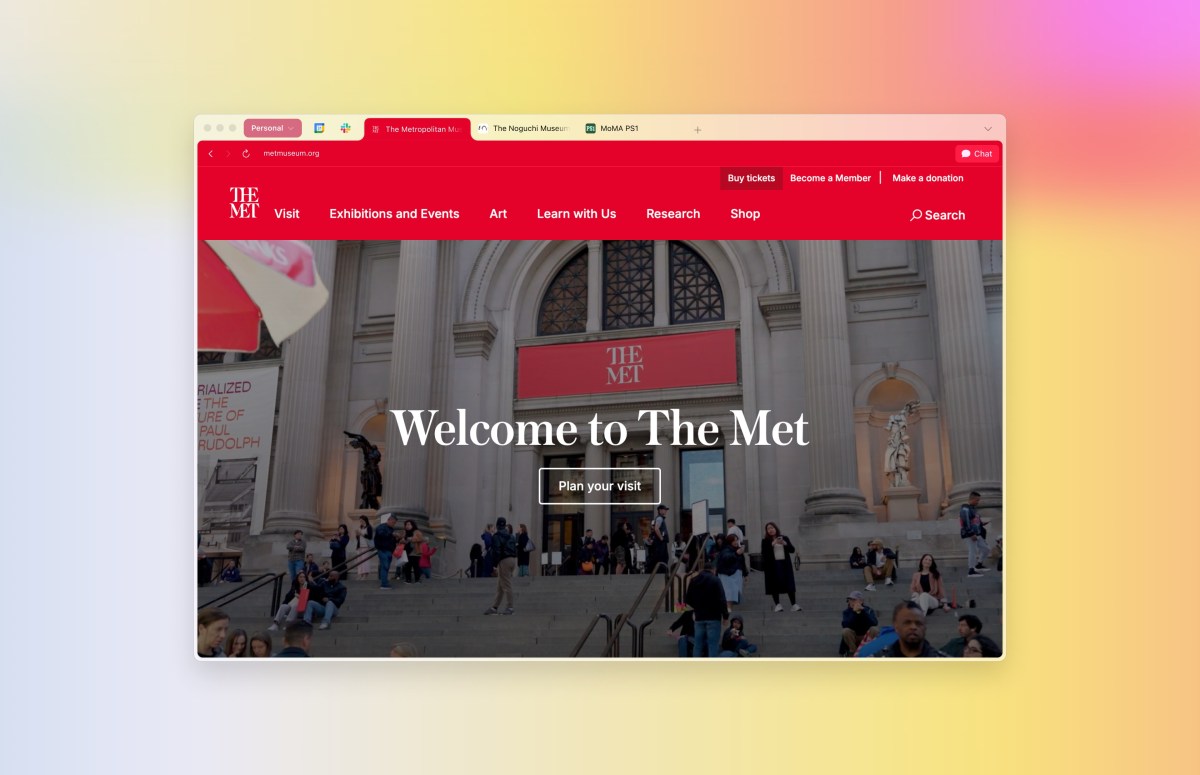Traditional web tools are facing an existential crisis as AI products and tools increasingly eat up attention — and therefore market share and money — from a wide swathe of products that people have used for years to interact with the internet. At least, that’s what The Browser Company seems to think is happening.
The company last year decided to stop developing its popular web browser Arc, acknowledging that while Arc was popular among enthusiasts, it never hit scale, as it presented too steep a learning curve to reach mass adoption. The startup has since been heads-down on developing a browser that bakes in AI at the heart of the browser. That browser, called Dia, is now available for use in beta, though you’ll need an invite to try it out.
The Browser Company’s CEO Josh Miller has of late acknowledged how people have been using AI tools for all sorts of tasks, and Dia is a reflection of that. By giving users an AI interface within the browser itself, where a majority of work is done these days, the company is hoping to slide into the user flow and give people an easy way to use AI, cutting out the need to visit the sites for tools like ChatGPT, Perplexity, and Claude.

Up front, Dia presents a straightforward interface. The browser is based on Chromium, the open source browser project backed by Google, so it has a familiar look and feel.
The marquee feature here is the AI smarts, of course. Besides letting you type in website names and search terms, Dia’s URL bar acts as the interface for its in-built AI chatbot. The bot can search the web for you, summarize files that you upload, and automatically switch between chat and search functions. Users can also ask questions about all the tabs they have open, and the bot can even write up a draft based on the contents of those tabs.
To set your preferences, all you have to do is talk to the chatbot to customize its tone of voice, style of writing, and settings for coding. Via an opt-in feature called History, you can allow the browser to use seven days of your browsing history as context to answer queries.
Another feature called Skills lets you build small snippets of code that act as shortcuts to various settings. For example, you can ask the browser to build a layout for reading, and it’ll code something up for you — think Siri shortcuts, but for your browser.

Now, we have to note that chatbots in browsers are not a new feature at all. Several browser companies have integrated AI tools into their interfaces — for example, Opera Neon lets users use an AI agent to build mini-applications or complete tasks on their behalf, and Google is also adding AI-powered features to Chrome.
The Browser Company says all existing Arc members will get access to Dia immediately, and existing Dia users will be able to send invites to other users.
Ivan covers global consumer tech developments at TechCrunch. He is based out of India and has previously worked at publications including Huffington Post and The Next Web. You can reach out to him at im[at]ivanmehta[dot]com




